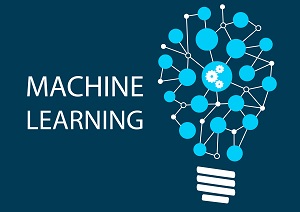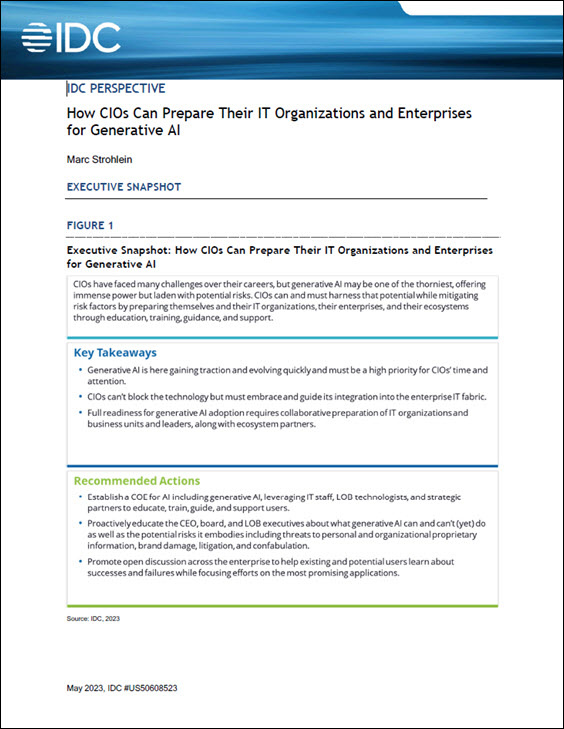In the words of Roy Amara, great technology makes “simple things simple, and complex things possible.” AI and more specifically, machine learning, has the potential to do just that. In the world of advertising and marketing, the more “tools” we can put in the marketer’s toolbox to make campaigns more effective, the better. Today, leading marketers are making use of widely available machine learning and AI-powered solutions that can do the hard work of spotting signals in the noise. In doing so, they are elevating the quality of their decision making and driving better results.
As Always, It Starts with Data
Data is at the heart of making smarter AI-based decisions. First-party data, business data, online signals, consent-backed data, sentiment data, and data from a myriad of sources are necessary to feed a machine learning engine. To be clear, when we talk about data, we don’t mean “segments.” We mean huge real-time data streams: observations about the real world that are directly collected and immediately available. The data is raw, messy, diverse, and noisy – each data point by itself is usually completely meaningless, yet without data we are blind!
While data on its own is not enough, it is a necessary foundation to rival walled gardens such as Facebook when it comes to marketers and advertisers understanding, reaching, and influencing audiences.
This Is Where Machine Learning Comes In
To make sense of the internet data at scale and in real time, there are machine learning techniques that scan the internet to understand the topics and meanings of the content consumers browse, media models to predict things like brand suitability and viewability, and campaign-specific models to predict outcomes – all used in real time, so that marketers use can act in the moment.
So when I am asked the question: “Is contextual targeting as good as behavioral targeting?”, my response is always: “Why are you picking one?” A huge advantage of applying technologies like machine learning to massive amounts of data and then to decision-making is that you don’t have to reduce the value of an impression to the limited dimensions a human can reasonably control (such as an allow list, some segments, and a few bid factors). All signals can be used, and systems can auto-adapt to the dynamic world around them.
Do Marketing, Not Martech
With AI and machine learning, marketers can move from pulling levers or fussing over pivot tables, and worse, worrying about their adtech or martech systems. They can focus on creativity, analyzing psychographics, or testing ideas. Machine learning is a fundamental technology that makes sense of data, finds patterns, and can make predictions – which ultimately leads to smart decision-making, and better business outcomes.
About the Author

As Chief Technology Officer at Quantcast, Dr. Peter Day is responsible for creating a new and innovative intelligent audience platform that uses machine learning and live real-time data to achieve results. Prior to joining Quantcast, he spent 12 years working in the financial markets. Peter has a Ph.D. in machine learning.
Sign up for the free insideAI News newsletter.
Join us on Twitter: @InsideBigData1 – https://twitter.com/InsideBigData1




